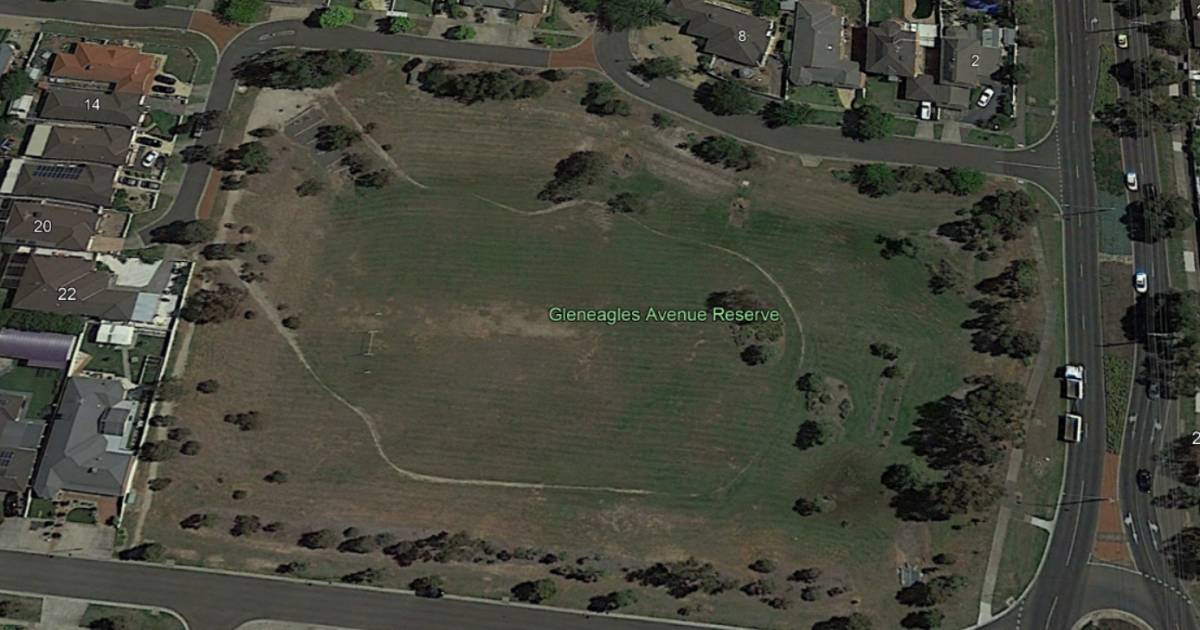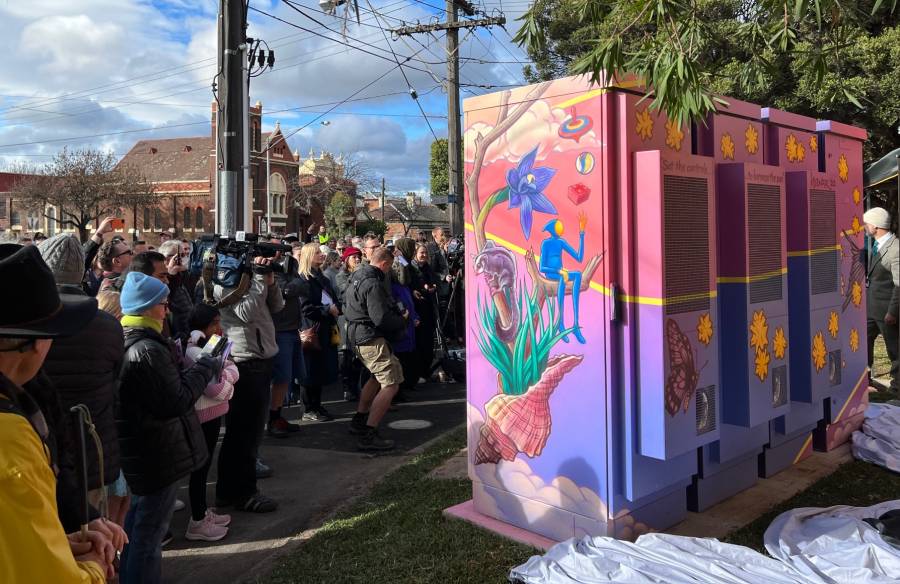
Victoria’s Powercor has announced where it will be locating a neighbourhood battery in the Melbourne suburb of Tarneit.
In Tarneit, solar panels are just about everywhere you look. More than 16,832 small-scale (<100kW) systems had been installed in the 3029 postcode area – which also includes Hoppers Crossing and Truganina – as at the end of April this year.
While all this solar power is a great thing, it has posed some challenges for Distributed Network Service Provider (DNSP) Powercor in maintaining local network stability. The situation was resulting in some new system owners having their systems severely export limited, or zero export limits put in place. But Powercor embarked on a major works program to address the issue – and the work is ongoing.
Part of this work is establishing neighbourhood batteries. In August last year, Powercor announced it would be installing a 150kW/388kWh battery in Tarneit that could soak up excess rooftop solar generation and support up to 150 nearby homes during peak periods. Powercor said it would enable an additional 121,800kWh of solar energy exports per annum in the area.
Slightly Smaller Battery, Greater Benefits
The location of that battery has now been revealed – it will be in the north-west corner of Gleneagles Avenue Park, adjacent to the existing electrical substation in the reserve.
The specifications and expected performance of the system have changed since the original announcement. The neighbourhood battery will now have 120kW/360kWh capacity, provide benefits to up to 170 homes connected to that part of the network, and enable up to an additional 129,600kWh of solar exports per annum in the area.
“In this way, the battery also helps improve reliability in the area, reduce carbon emissions and paves the way for more households to connect and share locally generated solar with their neighbours in the future,” said Powercor’s Head of Non-Network Solutions Greg Hannan.
Community Battery Bonanza Brews
The Tarneit neighbourhood battery has been supported under the Andrews Government’s Neighbourhood Battery Initiative. Announced in March last year, round 2 of the grant program opened on Monday. Up to $2.32 million in grant funding is available in Round 2 to implement neighbourhood-scale batteries demonstrating the ability to access multiple value streams.
One of the other beneficiaries from Round 1 was a Yarra Energy Foundation project in Fitzroy North, which was officially unveiled with much fanfare on Sunday. It’s a 110kW/284kWh lithium-ion Pixii PowerShaper system boasting rather striking artwork.

Image: Yarra Energy Foundation
You can see what that battery is up in real time using this dashboard.
Still in but also beyond Victoria, community batteries will be popping up across Australia under Labor’s election commitment that now-Federal Minister For Climate Change And Energy Chris Bowen was feverishly promoting in the lead-up to the election; pledging batteries to communities left, right and centre.
Labor committed to investing $200 million in grants over four years to deliver approximately 400 community battery systems with a proposed 500kWh capacity each.

 RSS - Posts
RSS - Posts



The main problem with community batteries is that they cost about 4 times as much as home batteries. The Yarra battery cost around 7x a home battery. Hence why they need to be paid for by the government. It would be far more efficient to subsidise home batteries. You would get 5x the storage for the same price.
Rob Morris,
You say “they cost about 4 times“, then “7x a home battery“, and then “5x the storage“. Which is it?
The Yarra Community Battery capacity is rated at 110 kW / 285 kWh, with at least a 10-year life.
https://www.yef.org.au/community-batteries/community-battery-faqs/
https://www.abc.net.au/news/2022-06-05/community-battery-in-melbourne-unveiled/101127080
Per Solar Quotes’ Solar Battery Storage System Comparison Table:
For example, the Tesla Powerwall 2 capacity is 5 kW (continuous) / 13.2 kWh (usable) with 10 year warranty. The price indicated is $13,700 plus installation.
https://www.solarquotes.com.au/battery-storage/comparison-table/
For the Yarra Community Battery, that’s roughly $9,090/kW & $3,508/kWh.
For the Tesla PowerWall 2, that’s probably $3,000+/kW & $1,100+/kWh.
I hope that as more community batteries are installed, the unit costs reduce considerably.